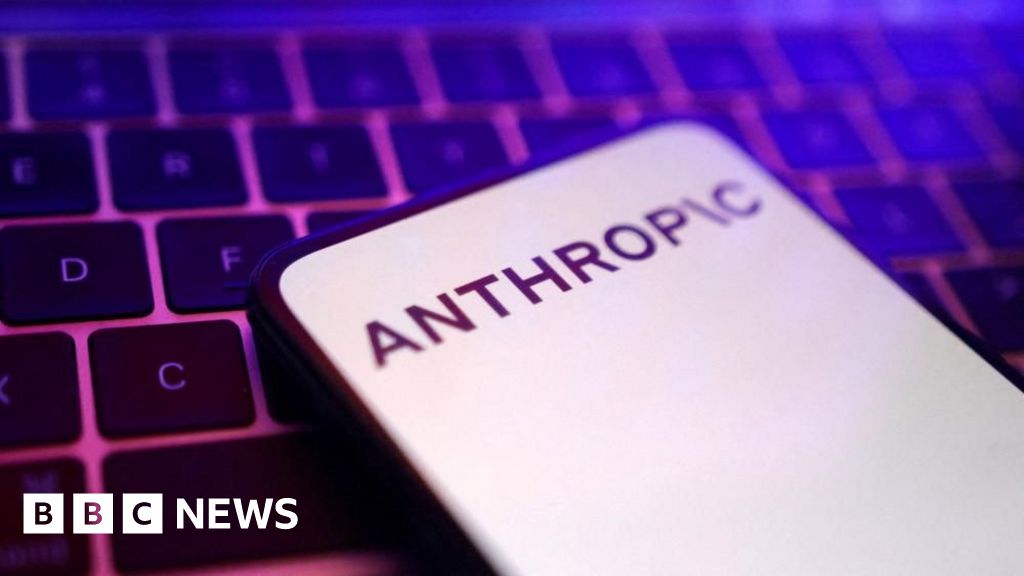The recent settlement between Anthropic, an artificial intelligence firm, and a group of authors highlights a critical intersection of AI technology, copyright law, and business ethics. While Anthropic agreed to pay $1.5 billion to resolve claims that it misused authors’ works to train its AI models, this case represents more than just a legal agreement; it signifies a pivotal moment in how AI and automation platforms interact with creative industries and underscores broader implications for other companies in the space.
Anthropic, known for its Claude chatbot, aimed to position itself as a more ethical alternative within a highly competitive landscape that includes giants like OpenAI and Microsoft’s Azure. The recent lawsuit, initiated by authors such as Andrea Bartz and Charles Graeber, asserted that Anthropic unlawfully used their books—part of a library containing over seven million pirated texts—to train its models. Initially, U.S. District Judge William Alsup sided with Anthropic on some aspects, suggesting that their utilization of the authors’ material was “exceedingly transformative.” This nuanced legal position indicates a blurring of lines around the legitimate use of existing works in AI training—a topic that remains contentious and unresolved.
The costs associated with the lawsuit were significant, with potential damages reaching up to $150,000 per copyrighted work. The decision to settle, while framing it as a resolution to “remaining legacy claims,” could serve as a cost-effective strategy for Anthropic. It minimizes further legal expenses and protects its reputation as a developer of ethical AI systems—an increasingly important aspect of branding for AI companies in the public eye.
For Small and Medium-sized Business (SMB) leaders considering automation tools, the implications of this case offer several lessons. First, the settlement sets a precedent that may influence how AI platforms approach copyright as they develop new technologies. Companies must be astute in selecting tools and vendors that demonstrate not only technological prowess but also ethical integrity in their practices. Platforms that prioritize compliance and uphold fair use will likely be preferable in the long run.
In the context of tool comparisons, Anthropic’s Claude could be viewed alongside OpenAI’s models, which also face questions over their training data sources. While OpenAI has made strides in transparency with its API usage models, its competitive edge lies in the extensive integration capabilities with existing platforms such as Zapier and Make. These automation tools facilitate seamless workflows, and SMB leaders should analyze not just their ease of use but their compliance models in light of recent legal developments concerning data privacy and copyright.
While Anthropic presents itself as the ethical choice, OpenAI boasts wider integration with platforms that streamline automation, offering both flexibility and scalability. However, depending solely on one platform could expose a business to risks associated with single vendor dependency. Therefore, it would be prudent for SMB leaders to diversify their automation tools, leveraging strengths from multiple platforms to create a robust automation ecosystem.
The potential return on investment (ROI) should also be a consideration for leaders. Like the legal environment influencing AI company operations, the business landscape evolves as regulations and public opinion shift. Therefore, engaging with platforms that are not only functional but also compliant can safeguard long-term viability and profitability.
Experts suggest that the future of AI development will require stronger collaboration between creators and AI developers. Such partnerships could foster innovation while ensuring that original creators receive compensation for their contributions—a significant consideration for SMBs looking to integrate AI tools ethically. Strategic investments in training data that comply with copyright laws will likely yield better long-term results compared to cheaper, riskier alternatives.
As SMB leaders navigate this complex environment, it’s essential to remain informed and proactive about both the capabilities and limitations of AI tools available in the market. The focus should not only be on the functionality of each platform but also on their operational ethics, potential legal impacts, and the implications for scalability within their business models.
FlowMind AI Insight: The recent Anthropic settlement underscores the urgent need for SMBs to adopt AI tools that prioritizing ethical practices and legal compliance. In an era where creative contributions are central to innovation, understanding and investing in platforms that respect these rights will enhance sustainable business growth and improve ROI.
Original article: Read here
2025-09-05 22:45:00

